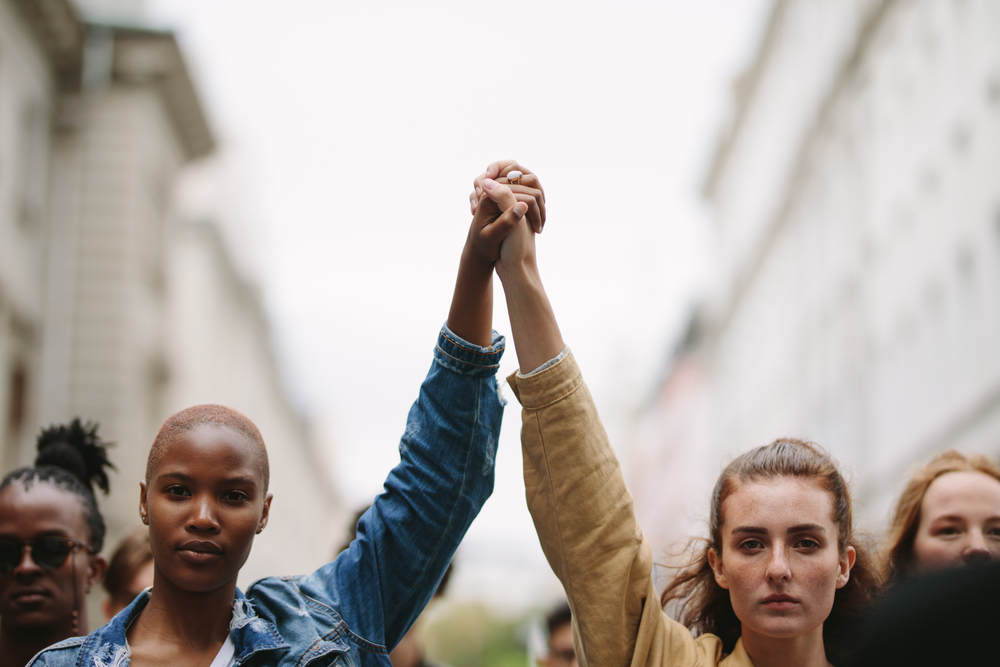Human rights are foundational principles that affirm the inherent dignity and worth of every individual. While the pursuit of these rights is as old as civilization itself, the modern understanding and global acknowledgment of them have undergone a journey marked by numerous milestones. Here are 11 key moments that have shaped the history of human rights:
- The Code of Hammurabi (c. 1754 BCE): One of the world’s earliest legal codes, it sought to establish justice in ancient Babylon by setting out punishments for various offenses, though it often differentiated based on social status.
- Magna Carta (1215): This foundational English charter set a precedent by limiting the powers of the king and asserting certain rights for his subjects. It laid the groundwork for the development of constitutional law.
- The Enlightenment Era (17th-18th Century): Philosophers such as John Locke, Voltaire, and Jean-Jacques Rousseau championed individual rights, the rule of law, and the principle of liberty. Their ideas deeply influenced subsequent political revolutions.
- The American Declaration of Independence (1776): A revolutionary document that declared the inherent rights of individuals, asserting that “all men are created equal” with “unalienable Rights” including “Life, Liberty and the pursuit of Happiness.”
- The French Declaration of the Rights of Man and the Citizen (1789): Influenced by the Enlightenment and the American Revolution, this declaration played a foundational role in French constitutional history, emphasizing liberty, equality, and fraternity.
- The Abolition Movements (19th Century): The global campaigns, particularly strong in Britain and the United States, to abolish the transatlantic slave trade and emancipate enslaved people were pivotal human rights endeavors.
- The Universal Declaration of Human Rights (1948): In the aftermath of World War II, the United Nations adopted this declaration, which for the first time set out fundamental human rights to be universally protected.
- The Civil Rights Movement (1950s-1960s): Led largely by African Americans in the United States, this movement sought to end racial segregation and discrimination, culminating in landmark legislation like the Civil Rights Act of 1964.
- The Convention on the Elimination of All Forms of Discrimination Against Women (1979): Adopted by the United Nations, this treaty set an international standard for women’s rights and gender equality.
- The Vienna World Conference on Human Rights (1993): This conference reinforced the universality of human rights, emphasizing that rights were interdependent and indivisible. It also set the stage for the establishment of the UN High Commissioner for Human Rights.
- The Rome Statute (1998): This treaty established the International Criminal Court (ICC), allowing for the prosecution of individuals for genocide, crimes against humanity, and war crimes, representing a significant step in holding violators of human rights accountable.
The struggle for human rights continues in various parts of the world, with new challenges and contexts emerging. Yet, history inspires us, showing that progress is possible when individuals unite in defense of the inherent dignity and rights of all.

